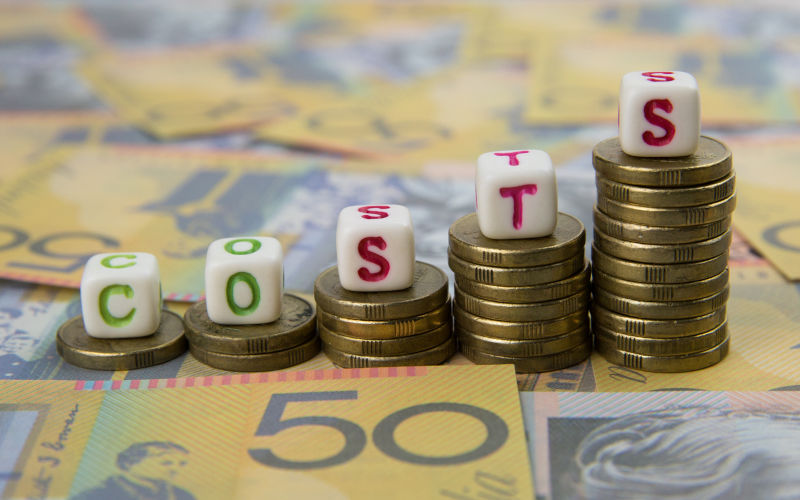‘Price-gouging’ and ‘profiteering’ haven’t been major contributors to Australian inflation
August 30, 2024
Australia’s experience over the past three years of the highest inflation in 35 years is in large part — as it has been in other countries — the result of producers of goods and services, in both the private and public sectors, being able to pass on increases in costs to their customers or clients in the form of higher prices.
And they’ve been able to do that because — in Australia as in other countries — aggregate demand (stimulated by monetary and fiscal policies implemented in response to the COVID pandemic, and continued after the pandemic had receded) has exceeded aggregate supply (hampered by COVID-related and other disruptions).
While it’s not pleasant, from the standpoint of consumers, for businesses to be able to pass cost increases on to them in the form of higher prices in order to maintain their profit margins, it’s not immoral or illegitimate.
Indeed, if businesses aren’t able to pass on cost increases in the form of higher prices, there’s a greater probability that they’ll go out of business (as has occurred in the construction sector), resulting in job losses and higher unemployment.
Stronger criticism would be warranted if businesses were raising prices by more than their costs, in order to boost profit margins, thereby adding to inflationary pressures and upward pressure on interest rates.
But there’s no evidence businesses are doing that.
Changes in prices and costs – June quarter 2020 to June quarter 2024
Consumer prices, as measured by the CPI, have risen by 21.3% over the past four years. Within that total, prices of “market” goods and services (excluding fruit and vegetables, and petrol) have risen by 18.9% (which, incidentally, implies that prices of “non-market” items, those set or regulated by governments, have risen by more than 21% over the same period).
But domestic producer prices of goods and services have risen by 17.5% over the past four years, prices of imported goods have risen by 19.9%, and nominal unit labour costs have risen by 32.1% (partly because of falling labour productivity).
In other words, in aggregate, costs incurred by businesses in producing goods and services have risen at a faster rate than consumer prices.
This picture is confirmed when we look at ABS data on company profits and profit margins.
In total, pre-tax company profits rose from an average of 8.1% of sales over the decade ended 2019-20 to a peak of 11.9% in 2021-22, before slipping back to a still-historically-high 10.3% of sales in the first three quarters of 2023-24 (June quarter 2024 data will be released next Monday).
But that increase in aggregate company profit margins was entirely attributable to the mining sector – whose output is largely sold to foreigners, not Australian consumers, and the prices of whose products (with the exception of gas) aren’t included in the CPI.
Excluding the mining sector, pre-tax profits margins rose from an average of 6.5% in the 10 years to 2019-20 to 7.5% in 2020-21 (boosted by JobKeeper payments during that year), but fell to 6.5% in 2021-22 (the year in which inflation began rising) and have remained at that level ever since.
In particular, retailers’ profit margins expanded from a pre-COVID decade average of 3.8% to 4.9% of sales in 2020-21, but since then have fallen back to between 3.2% and 3.5% of sales.
In other words, there is no evidence to support the proposition that “price-gouging” or “profiteering” has been a major contributor to the rise in or persistence of inflation since mid-2021 – outside of a handful of sectors such as aviation and financial services (where profit margins have increased significantly since the end of the pandemic).
And this conclusion is consistent with the findings of the Reserve Bank that “domestic profit margins have not been a significant independent cause of the increase in aggregate CPI inflation”, and with similar studies in other countries.
So why do politicians, in particular, persist in suggesting something that is almost completely unsupported by evidence?
It’s hard to escape the conclusion that they do so because they think there are votes to be harvested by being able say “I feel your pain”, and by appearing to be willing to do something about it by transferring some of that pain to others who aren’t on the electoral roll, and don’t have votes. I know that sounds cynical, but in more than four decades of trying to understand and predict what politicians do, I’ve never found that cynicism on that score has led me into error.
The original version of this article is at SAUL ESLAKE
A version of this article was first published by the Australian Financial Review

